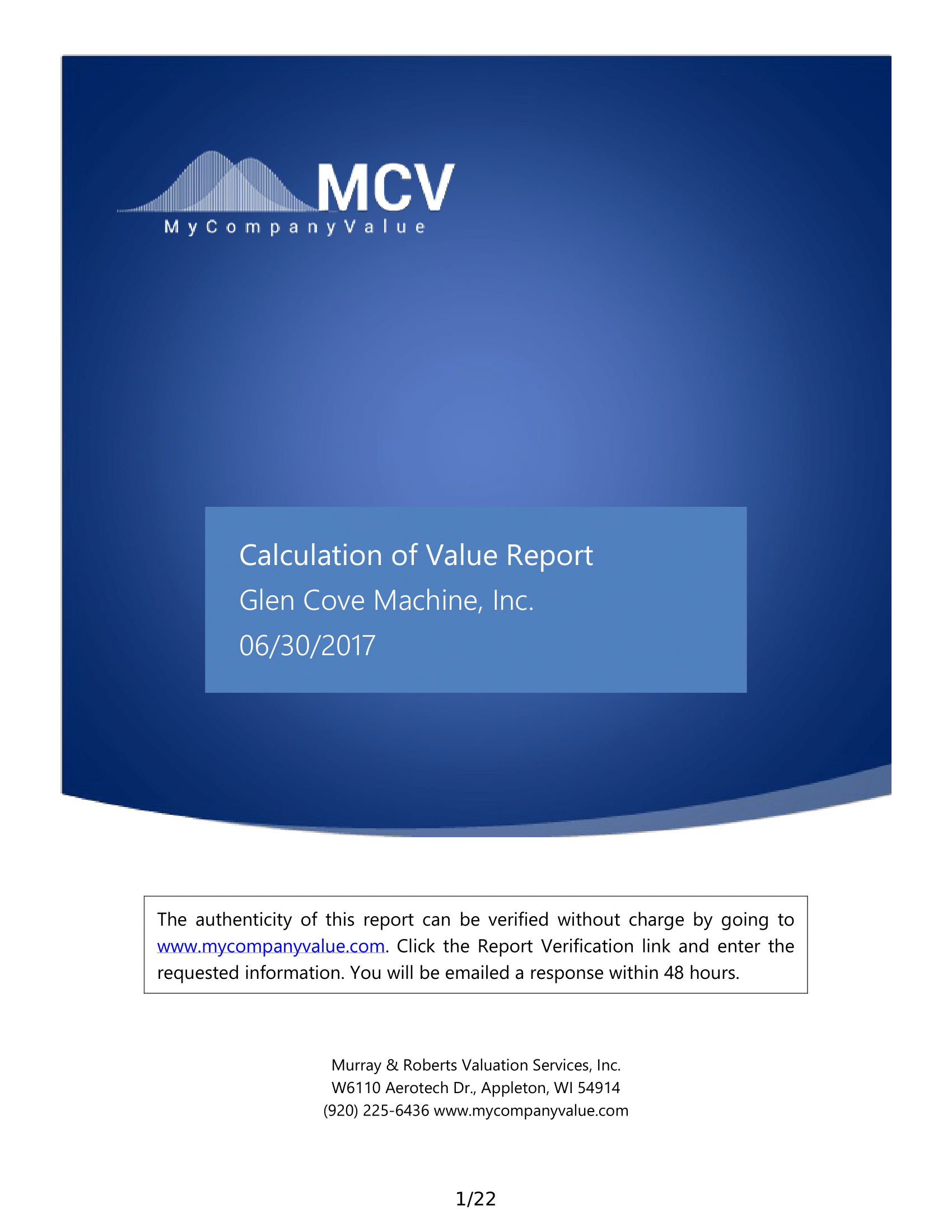How to Use Earnings Multiples

August 17, 2014
Earnings multiples and so called rules of thumb have been around as long or longer than the practice of business valuation itself. One of the key approaches to estimating the value of a business is the Income Approach, which is based on the present value of future expected earnings. That sounds very similar to a multiple of earnings, doesn't it? It may, but it isn't.
Using a multiple of earnings may not be a bad way to put the value of a business into a very large ball park, but that's where the thumb ruler should stop. Valuing all companies at four times earnings – as I’ve heard some private equity investors do – makes as much sense as valuing all real estate at $100,000 per acre. Yes, every piece of real estate is unique, and so is every company. Therefore, the source of earnings is also unique. Paying a set amount for every company's earnings means the investor is requiring the same rate of return on companies with significantly varying risk.
Paying a set multiple for earnings fails to account for growing earnings, declining earnings, volatility of earnings, the risk or lack of risk attached to the specific business and its earnings, and last but not least the degree to which the assets being acquired can be collateralized. All of these things can dramatically change the rate of return realized to an investor on companies with the same earnings at the start.
Which earnings? EBITDA is the usual favorite to which multiples are applied. But EBITDA can also be deceiving, particularly in a business that is capital intensive, because it fails to account for the reduction in cash flows resulting from necessary reinvestment into equipment.
When it's time to make or accept an offer, a difference of 4, 5, or 6 times earnings can mean millions. A thorough business valuation can expose its real drivers of value. That's a small investment that can save a buyer or seller from making a million-dollar mistake!
Brian Murray CPA/ABV, CVA specializes in business valuation, merger and acquisition consulting, and has served as an expert witness in court.

BRIAN MURRAY CPA/ABV CVA
Company founder Brian Murray CPA/ABV, CVA (Accredited in Business Valuation, Certified Valuation Analyst) has been in public accounting since 1997. Prior to that he was in finance at Kimberly-Clark Corp., audit at M&I Bank Corp., and accounting manager at Browning-Ferris Ind. Brian's areas of specialty are estate and trust tax and business valuation.Brian's community involvement includes: serving as Treasurer of the Salvation Army Fox Cities, serving on the Board of Directors of the Fox Valley Humane Society, serving on the Board of Directors of Big Brothers/Big Sisters, serving on the Board of Directors of the Wildwood Film Festival, and serving on the Board of Directors of Mothers and Unborn Baby Care. Brian also volunteered as a Big Brother for four years, and for United Way's fundraising campaign for multiple years. Brian and his family live in Neenah, WI.
Brian has been consulting clients regarding business value and merger & acquisition transactions since 2000. The majority of the valuation reports written were to aid a buyer or seller in a transaction or negotiation. Brian has often served as lead negotiator for prospective buyers or sellers.
Brian has served as an expert witness in corporate litigation cases as well as divorce, and has performed valuations for estate and gift tax returns, and estate planning.
